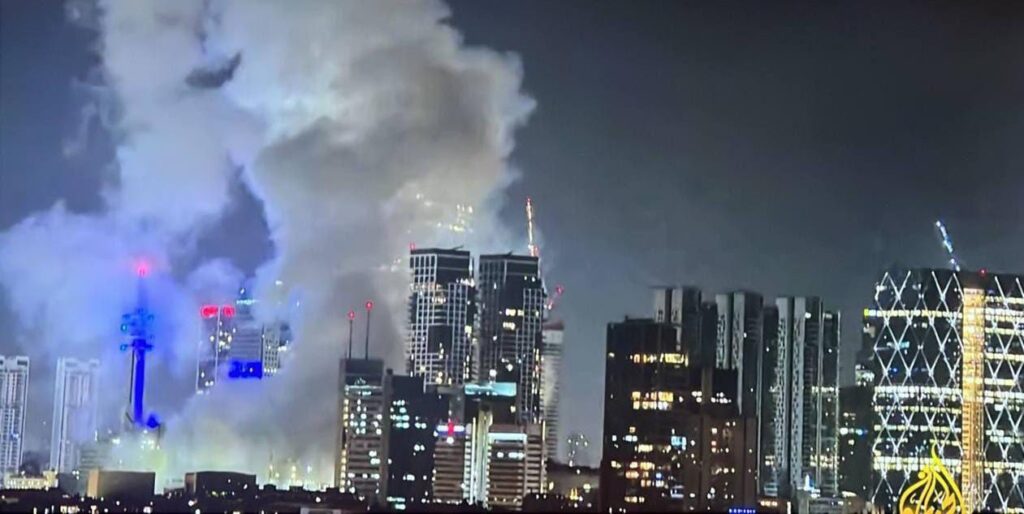In a dramatic escalation of regional tensions, Iran launched hundreds of ballistic missiles at Israel late Friday night in retaliation for a massive Israeli strike on Tehran’s nuclear infrastructure. Explosions rocked Tel Aviv and Jerusalem, injuring at least 30 people and damaging multiple residential buildings, including a modern apartment complex in central Tel Aviv.
Iran’s Islamic Revolutionary Guard Corps (IRGC) claimed responsibility for what it called a “crushing and precise response” targeting military bases and strategic sites across Israel. The missile barrage was carried out under the direct orders of Supreme Leader Ayatollah Ali Khamenei, who declared that “the Zionist regime will not remain unscathed” and warned of a “full-force response” from Iran’s armed forces.
Israeli authorities confirmed that less than 100 missiles reached Israeli territory, with most being intercepted or falling short, thanks in part to assistance from the United States military, which reportedly helped intercept several projectiles en route.
Despite the interceptions, at least one missile directly struck a high-rise residential building in central Tel Aviv, setting multiple apartments ablaze. Nearby buildings also suffered significant structural damage, with windows shattered and debris strewn across streets. Emergency services confirmed at least 30 injuries, including two individuals critically wounded and trapped under debris.
Following the attack, the Israeli army temporarily instructed citizens to remain in protected areas but later lifted the shelter order after confirming that the immediate threat had subsided.
The missile strike follows Israel’s unprecedented air attack earlier Friday on Iran’s nuclear and military sites, including facilities believed to be connected to missile production and nuclear development. Iranian leadership has described the Israeli strike as an “act of war,” vowing further retaliation if provoked again.
This marks one of the most serious confrontations between the two regional rivals in recent history, with the potential to spiral into wider conflict if diplomatic channels remain frozen.





